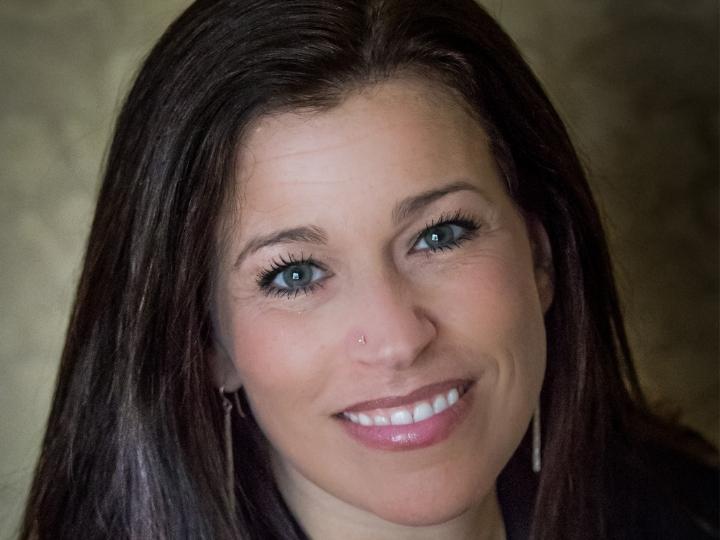New grant expands Texas tobacco program, targets substance use patients in rural communities

Credit: University of Houston
In Texas, only 14% of residents are cigarette smokers, thanks in part to groups like Taking Texas Tobacco Free (TTTF) that create sustainable initiatives to help snuff out smoking. But the same successes are not found among the population of Texans with psychiatric disorders or substance dependencies. Their rates of smoking rise as high as 87%.
With a new $1.9 million grant from the Cancer Prevention & Research Institute of Texas (CPRIT), the expansion of Taking Texas Tobacco Free may help bring those numbers down.
“We will expand TTTF into substance use treatment centers and in Federally Qualified Health Centers in rural and medically underserved areas across Texas, where tobacco use rates are elevated and treatment delivery is limited,” said Lorraine Reitzel, Distinguished Professor of Education at UH and director, TTTF.
Reitzel said the old way of thinking among clinicians – that quitting tobacco might interfere with substance use disorder treatment – must be extinguished.
“There’s a misperception that people can’t quit two addictions at a time. We know that’s not true because science tells us you can successfully treat two or more substances at a time, and if you do, it helps prevent relapses. We need to provide this as holistic care to the individuals we serve,” said Reitzel.
The program will expand to 18 substance use treatment centers and 10 Federally Qualified Health Centers in rural and medically underserved areas of Texas. Once in place, TTTF will increase the reach of tobacco use interventions to patients and achieve abstinence among engaged employees and patients.
Key methods employed by TTTF are education and unburdening the person who is struggling.
“It’s important to destigmatize the addiction to smoking. Once you’re addicted, you’ve lost your freedom to choose to use, and that’s not fair. The blame should be placed on the tobacco industry and the addictive products they create that reduce people’s power to stop using the product,” said Reitzel.
Since launching in 2013, TTTF has educated more than 13,000 professionals about tobacco and its educational materials have reached about 645,000 others.
Still, said Reitzel, there is a very long way to go.
“Health care agencies need to do more about tobacco use. In many cases, they’re not screening for it, or the screening is perfunctory, they’re not offering services for it. They’re not even referring people to a tobacco-quit line,” said Reitzel. She said these are critical strategies when you realize tobacco use is causally related to multiple cancers and 30% of cancer deaths.
Reitzel said there’s no mystery about how to quit. “It’s a combination of therapy and medication and it’s proven, scientific and time to change the status quo of tobacco use care in Texas.”
###
Media Contact
Laurie Fickman
[email protected]
Original Source
https:/




